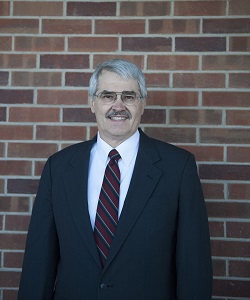Response: Masterpiece Cakeshop and the Costs of Weaponization

Perry Dane
July 2, 2018
July 2, 2018
On Monday, June 4, the U.S. Supreme Court ruled in favor of Colorado baker Jack Phillips in Masterpiece Cakeshop, Ltd. v. Colorado Civil Rights Commission. In a 7-2 decision, the court cited free exercise of religion as the basis for the ruling. The case settled a 2012 incident when David Mullins and Charlie Craig visited Masterpiece Cakeshop in Lakewood, Colorado seeking a wedding cake. Phillips refused to bake the cake on the grounds that he did not want to convey his support for same-sex marriage, a practice contrary to his religious beliefs. After the Colorado Civil Rights Commission ruled against the baker, his lawyers took the case to the Supreme Court. The Court offered a narrowly focused ruling constructed on the premise that the Colorado Civil Rights Commission had shown itself to be hostile towards religion (based on the comments of one of its members). Despite the ruling, in the majority opinion Justice Anthony Kennedy did reaffirm civil rights protections for LGBTQ individuals: “The outcome of cases like this in other circumstances must await further elaboration in the courts,” he wrote, “all in the context of recognizing that these disputes must be resolved with tolerance, without undue disrespect to sincere religious beliefs, and without subjecting gay persons to indignities when they seek goods and services in an open market.”
This week the Berkley Forum asks: What does the decision of Masterpiece Cakeshop, Ltd. v. Colorado Civil Rights Commission mean for the future of LGBTQ rights, anti-discriminatory laws, and religious freedom in the United States?
Response: Masterpiece Cakeshop and the Costs of Weaponization

Perry Dane
July 2, 2018
Response: Why Jack Phillips Still Cannot Make Wedding Cakes: Deciding Competing Claims Under Old Laws

Robin Fretwell Wilson
Tanner Bean
June 29, 2018
Response: Against the Religious Liberty Optimists

Darel Paul
June 27, 2018
Response: Misunderstanding Religion in Masterpiece

Leslie C. Griffin
June 27, 2018
Response: Takeaways from the Masterpiece Case

Carl Esbeck
June 27, 2018
Response: The Ingredient for a LGBT Triumph?

Vincent Phillip Muñoz
June 27, 2018